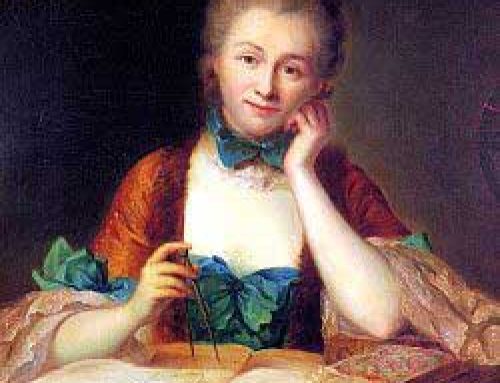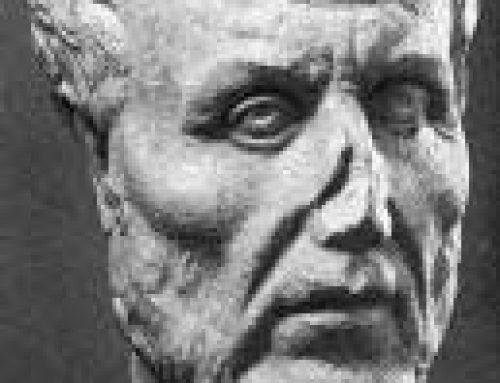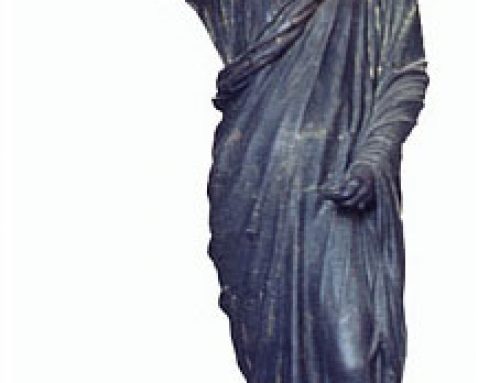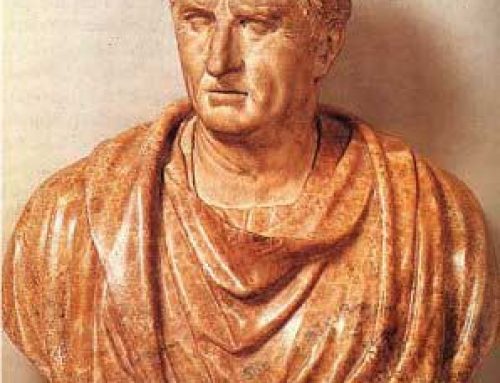
Georg Hegel, a European philosopher
What did Georg Hegel work on?
Georg Hegel was twenty years younger than Wollstonecraft. He wasn’t interested in political or economic equality for either men or women. As a late Enlightenment philosopher, Hegel worked with the problem Descartes and Hobbes had outlined of the relationship between mind, soul, and body.
Who was Wollstonecraft?
And who was Hobbes?
Enlightenment philosophy
All our Modern Europe articles
Kant wanted to unite body, soul and mind
Descartes and Kant pretty much believed in the existence of the soul. Hobbes and Hume pretty much didn’t. Inspired partly by the Roman Neo-Platonists, Hegel wanted to find a way to understand mind, body, and soul as one united thing. He wanted to unite everything else, too, in one big theory that would explain everything.
Who was Kant?
And Descartes?
What did Hume believe?
Roman Neo-Platonists
Hegel as a child and a young man
Like Kant, Hegel lived in Germany. And like Kant, he lost his mother when he was 13 years old. Unlike his sister, who was kept at home, Hegel went to school. (His sister later drowned herself.) Hegel graduated from the University of Tubingen in 1793, in the middle of the French Revolution. Like Hobbes, Kant and Wollstonecraft, he didn’t get married, but went to work as a tutor for a richer family.
Hegel gets married and has kids
When his girlfriend had a baby, in 1807, just as Napoleon was taking over Germany, Hegel took a job as a newspaper editor, but he left his son behind. Soon he found work as a teacher. And – unusually for Enlightenment philosophers – he got married and had two more sons with his wife.
Hegel looks for a unified philosophical theory
About this time Hegel got interested in Aristotle and Kant. He began to write books about philosophy. Like Aristotle, Hegel was an organizer. Just as Napoleon wanted to make Europe into one empire, Hegel wanted to unify philosophy.
Who was Aristotle?
Hegel wanted a way to think about everything – all known ideas and facts – as parts of one united system. Kant’s tendency to divide the world into opposites like imagination and facts made Hegel unhappy both as a philosopher and as a Christian. Hegel wanted to find a way to take these opposites and understand them together – synthesize them – into a single higher truth.
Christianity and Hegel
Hegel began by saying that the Jews were slaves to their laws, but Christians were freed by God’s love to think for themselves. With God’s love, Christians could unite their desires with their logical thoughts into one thing: the will of God.
More about the Jews
Ibn Rushd and Islamic philosophy
Hegel’s interest in history (unlike Kant’s interest in astronomy) led him to see understanding progressing over time. He saw human thought making progress from nature to plain consciousness to reason and conscience, from spirit to religion to art to philosophy, and finally to this special unified knowledge that comes from God’s love.
What is the dialectic?
The opposites are necessary in order for us to recognize the truth. We can only appreciate light, Hegel argued, because we know what darkness is. And we can only understand being good because Adam and Eve were bad. The one-ness of the whole system becomes clear through an ongoing argument or dialectic between opposites.
Who were Adam and Eve?
Government and individual rights
A lot of people found Hegel’s ideas interesting. And in the end Hegel finally found work as a university professor. At this point Hegel did finally turn to Wollstonecraft‘s question of government and people’s rights. Hegel saw government and individual rights as opposites that were always in conflict.
Cromwell in England
The French Revolution
That led to revolution, so Hegel tried to find a way to unite government with rights as one peaceful thing. His compromise called for a limited monarchy with an elected parliament and trial by jury, as in England. He also wanted freedom of religion, even for Jews.
But he was not interested in women’s rights. He imagined an opposition between men, who were active, and women, who were naturally passive, like plants. Together, through dialectic, men and women became the family.
Hegel died in Berlin at 61, possibly of cholera. That was in 1831.
Go on to Marx
Austria-Hungary
Bibliography and further reading about Hegel:




